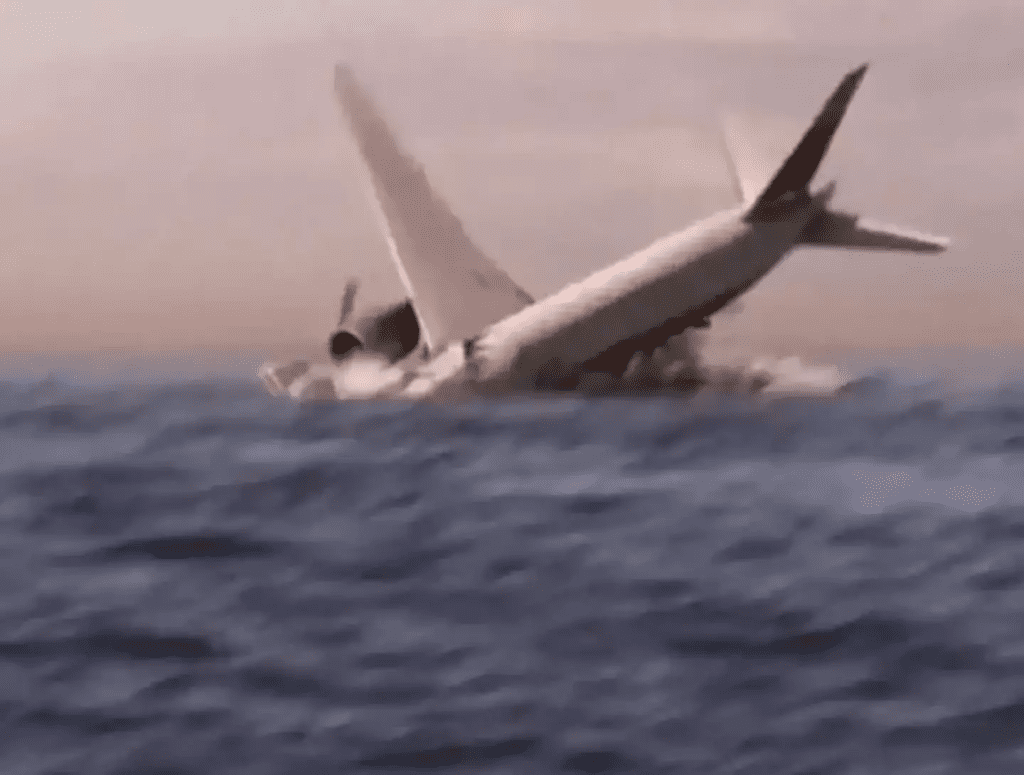On March 8, 2014, the world was plunged into shock and disbelief as Malaysia Airlines Flight 370 (MH370) mysteriously vanished from the skies. This ill-fated flight, carrying 239 passengers and crew, took off from Kuala Lumpur bound for Beijing, but just a short time into its journey, the aircraft disappeared from radar screens, leaving its whereabouts a haunting mystery.

Wilson claims the aircraft is in the middle of the Cambodian jungle. Image Credit: Google
In the years since the disappearance, numerous theories and investigations have emerged, but none have provided conclusive answers. However, a recent discovery by a UK tech expert, Ian Wilson, has reignited public interest and raised new questions about the missing aircraft.
Using Google Earth, Wilson meticulously scanned satellite images and eventually pinpointed what he believed to be the wreckage of MH370 in the heart of a Cambodian jungle. What set his discovery apart was his observation of a visible gap between the tail and the rear of the plane, which he argued could account for the size discrepancies. According to Wilson, this location within the Cambodian jungle might be the key to unraveling the mystery of MH370’s disappearance.
As news of Wilson’s discovery began to spread, social media platforms buzzed with a mix of skepticism and speculation. While some found his theory intriguing, others remained unconvinced, suggesting the Google Earth image could depict a different aircraft. They questioned the apparent pristine condition of the ‘found’ plane, arguing that a crashed aircraft in a jungle would not appear so intact.
Despite the skepticism, Wilson’s discovery has ignited renewed interest in the mystery of MH370, drawing attention back to the questions that have eluded answers for years. The lack of concrete answers has kept the saga in the headlines, with numerous theories surfacing over the years, ranging from alien abductions to black hole theories.

In response to ongoing questions and public interest, France recently reopened its investigation into the fate of MH370. This decision came after Malaysia’s long-awaited “final report” failed to provide a conclusive explanation for the aircraft’s disappearance. The move by French authorities reflects the enduring interest and persistent demand for answers regarding the missing aircraft.
The mysterious disappearance of MH370 remains an enduring enigma that has captivated the world’s imagination and curiosity for nearly a decade. Despite the passage of time, the lack of concrete answers has kept the saga in the public eye, with the latest developments sparking renewed hope for a resolution to this perplexing aviation mystery.
The disappearance of MH370 has become one of the most enduring and captivating aviation mysteries in history. Despite the countless theories and investigations, the fate of the aircraft and its passengers has remained a haunting enigma. The recent discovery by Ian Wilson has reignited public interest, but the skepticism and speculation surrounding his findings underscore the enduring challenges in solving this complex puzzle.
As the world continues to grapple with the unanswered questions surrounding MH370, the ongoing search for answers and the persistent demand for closure reflect the profound impact of this tragedy. The mystery that began on that fateful day in 2014 remains unsolved, but the enduring fascination with the case serves as a testament to the human spirit’s unwavering determination to uncover the truth, no matter how elusive it may be.


